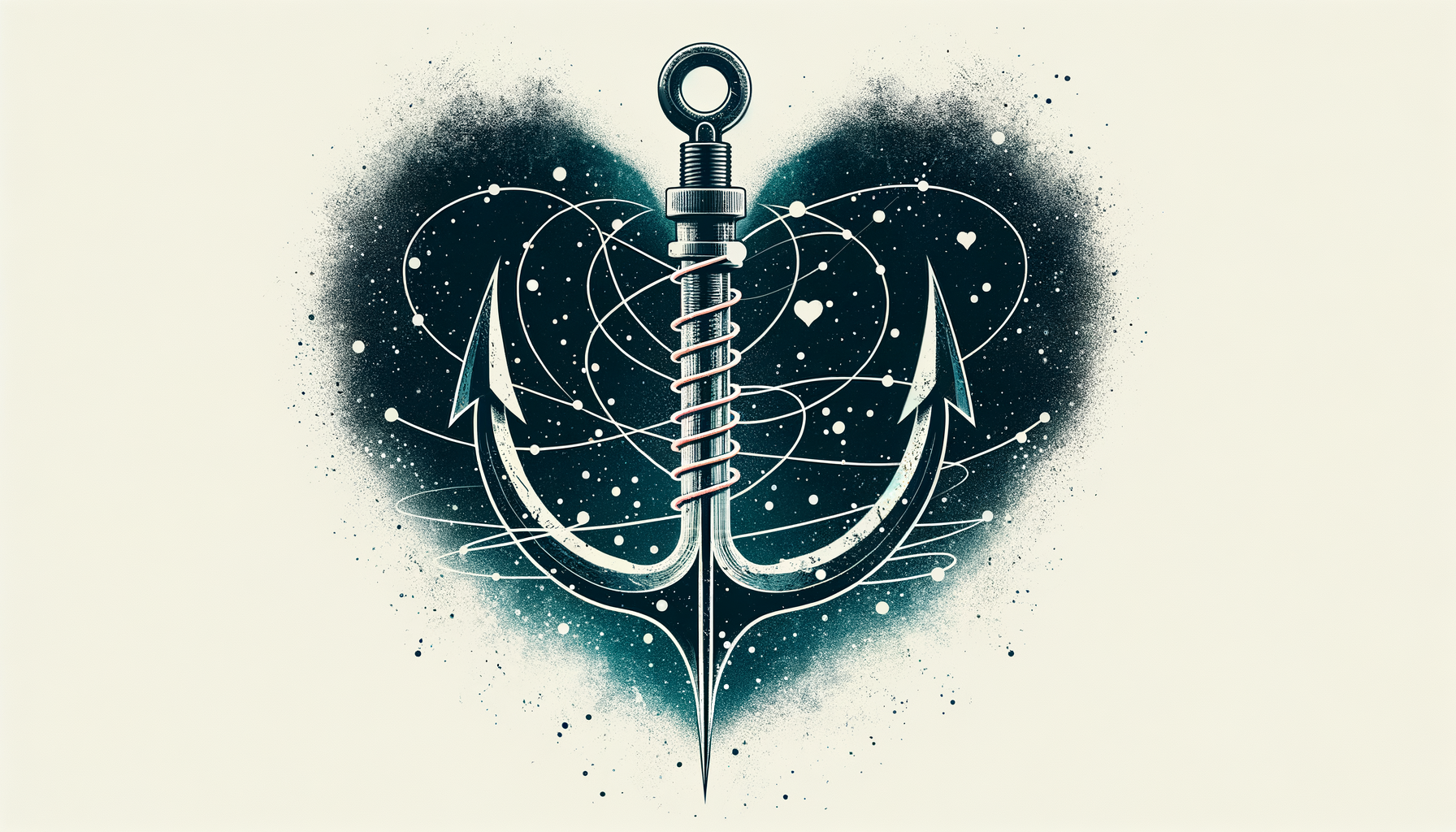It started, as these things often do, with a disaster. Picture it: I’m eight years old, wobbling on one of my dad’s antique whaling harpoons (an object entirely inappropriate for impromptu tightrope attempts), when gravity reminds me who’s boss. The harpoon crashes into his display case—bringing shards of glass, maritime bric-a-brac, and my hopes of dessert crashing down with it. My dad, normally as steady as the tides, just sighs. Then he says something that’s stuck with me ever since: “Oliver, if you’re going to play with this stuff, the least you can do is try to understand it.”
Understand it? At eight years old, I was pretty sure the only thing I understood was that I needed a bandage and maybe a better sense of balance. But, years later, with a less bruised ego and an unimpaired insurance record, I realized my dad had unwittingly lit a spark. That shattered glass wasn’t just the consequence of my clumsiness—it was the beginning of a lifelong quest to not just "play” with history but to live inside it, breathe it, and, eventually, write it.
Here’s how I fell head-over-harpoon in love with my passion.
A Spark Lit by Salt Air (and Maybe a Bit Too Much Free Time)
Growing up on Nantucket means the past isn’t just something you learn about in school—it’s something that comes standard with your breakfast. Run your fingers along the peeling paint on a 200-year-old door, and you’re basically touching a slice of maritime history. Stroll through the whaling museum, and you can practically hear the creak of ships and the shanties sung by men who smelled exactly how you’d imagine.
But while some kids dreamed of rock concerts and center stage moments, I spent summers constructing narratives for old logbooks abandoned in dusty corners of our family’s inn. There was one with a faded note about a shipwreck that I read so many times the ink should’ve worn off. As far as I was concerned, I was the leading man in a high-stakes family drama between an angry sea and a crew with poorly packed provisions.
My parents called it an overactive imagination. I didn’t argue, but I also knew this wasn’t ‘pretending.’ It was connecting. To me, those briny fragments of the past felt strangely alive, like echoes that were still chasing clarity. And what could be more romantic than unraveling their stories, layer by layer, seeing who I might become in the process?
History, as it Turns Out, is the Ultimate Wingman
Fast-forward to college, where a well-meaning advisor once muttered, “Do you think maybe you’re over-romanticizing Whaling Era New England?” To which I replied, “Of course I am. That's the whole point!” You see, history and I had become something of an item by then, tangled up like two people at a middle school dance—awkward, yearning, but undeniably committed.
But here’s the thing nobody tells you when you’re neck-deep in historical archives: falling in love with the past teaches you a thing or two about yourself in the present. You pick up patterns. You learn humility. You start to gaze at the human experience (both past and present) with fewer blind expectations and more curiosity.
For instance, did you know that breaking the ice while flirting today isn’t all that different from 19th-century methods of courtship? Sure, nobody’s leaving calling cards at your doorstep anymore (though that’d be kind of cool), but the awkward quest for connection remains universal. My fascination with history meant I automatically appreciated the weight of shared gestures, no matter how small. A clumsy joke? A random compliment about someone's questionable taste in coffee? If sailors could make it work with lousy weather and limited supplies, so could we.
What Passion Taught Me about Love (Besides the Fact I’m a Sucker for Metaphors)
Now, before you roll your eyes and think, “Okay, Oliver, great—time-traveling Romeo aside, where’s this all going?” let me say this: Passion changes the way we engage. It’s like that friend who both whispers wise advice and lovingly mocks you when you don’t take it.
Here’s why that matters to love and relationships:
- Seeing the Bigger Picture: Maritime history, in all its storm-tossed, heroic ridiculousness, taught me to zoom out and acknowledge the journey over the destination. Relationships—any relationships—are less about perfection and more about weathering storms together.
- Finding Meaning in the Mundane: Much like deciphering an old captain’s sloppily written logbook (I spent hours debating whether he wrote “whales!” or “wails!”—FYI, it was whales), loving someone means finding joy and meaning even in things that initially seem small or chaotic.
- Patience as a Virtue: Let’s be real—researching 19th-century trade ships is not instant-gratification work. Neither are relationships, where patience and dedication are the best anchors (and yes, I’ll spare you further nautical puns—for now).
So, if passion feels frivolous or indulgent, trust me, it’s not. It’s foundational. It’s practice. And in my case, it gave me the kind of storytelling that lends itself to grounding deep connections. (It also provided me a steady supply of “Did you know since 1856…” conversation starters, for better or for worse, depending on the listener.)
The Funny Thing About Falling In Love
Here’s the twist: falling in love with your passion (or a person, for that matter) doesn’t mean you have it all figured out. In fact, sometimes it’s exactly the opposite. It’s messy, humbling, and full of moments where you make a fool of yourself at dinner parties by explaining—at length—why scrimshaw carvings are objectively fascinating.
But what I’ve learned is that deliberately courting passion—whether it’s for history, storytelling, or the right person—teaches you to sit in the uncomfortable messiness of your humanness and still trust the joy of it. You recognize the value in things unfinished, in stories untold, and in reminding yourself that you don’t always have to impress. Sometimes, you just have to care.
A Final Word from Someone Who Stabbed a Harpoon Into a Family Heirloom
So, how did passion go from being a kid’s excuse to climb furniture to the bedrock of my identity? Slowly, with many false starts, and probably more sweat than I’d like to admit. But it all started with a stubborn kid, a broken case, and a handful of “what ifs.”
Wherever you are—whether you’ve built a life on passions or are nervously chasing them like fireflies—remember this: falling in love with something or someone isn’t about reaching an end. It’s about lighting the spark and keeping it burning, even when the winds howl in protest. Even when it doesn’t make sense. Because, at the heart of it, pursuits you love aren’t about having answers—they’re about making the journey worthwhile.
And maybe, if you’re lucky, occasionally catching the glimmer of a whale through the fog.




















